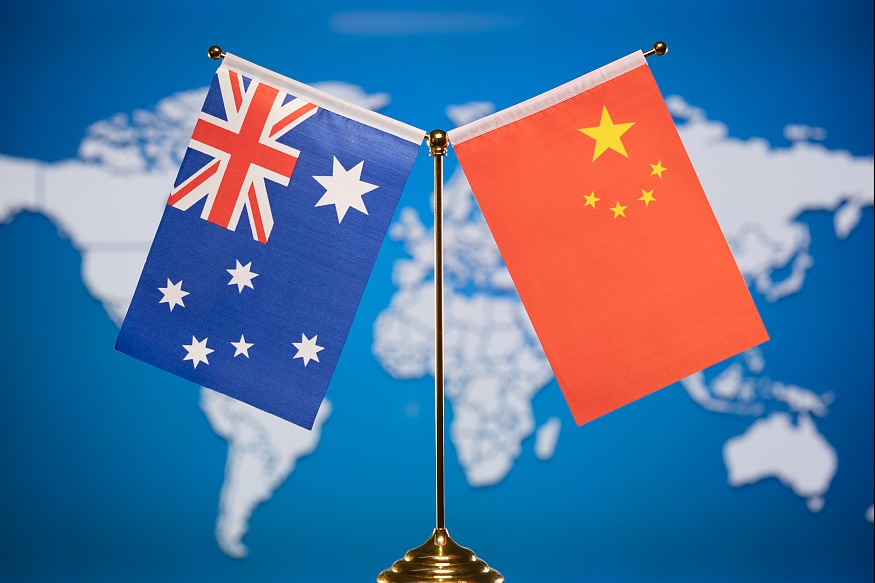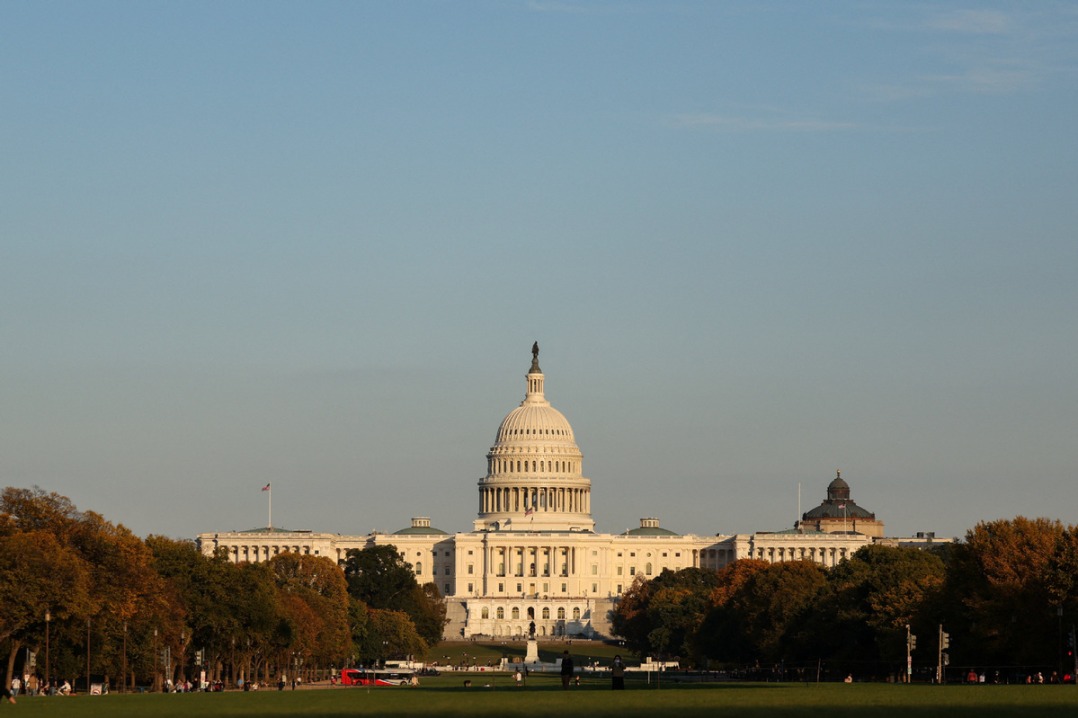Canadian lumber sector under pressure as US raises import duties


Canada's lumber industry is bracing for more pressure after Washington imposed fresh tariffs on timber and furniture imports, a move experts say could push prices lower and strain an already fragile trade relationship.
On Oct 14, the United States imposed a 10 percent tariff on imported timber and lumber, and 25 percent duties on kitchen cabinets, in addition to the existing 35 percent Canada lumber duty.
Harry Nelson, an associate professor of forestry at the University of British Columbia, said the new 10 percent tariff on Canadian softwood, on top of an existing 35 percent duty, has created "really unprecedented levels" of trade barriers.
"There is little expectation that these levels will come down anytime soon. We could be living with them for six months or more," he told China Daily.
Nelson said the tariffs will have both direct and indirect effects on prices. "The duties create a wedge between domestic and export prices (with export prices higher).
"Safe to say the bigger the tariffs, the more likely the greater that wedge will be," he said.
He added that the US market effectively sets lumber prices, meaning "the higher the tariffs, the lower Canadian lumber prices will be relative to the US"
Beyond the direct price gap, Nelson said the broader North American economy could feel the impact as well.
"If overall, all the tariffs and economic uncertainty lead to lower economic activity, housing starts generally in both the US and Canada will come down," he said.
"People have less money and are less willing to buy, interest rates may be higher because of this uncertainty about what tariffs will do to overall price levels across the economy."
"So all in all, I'd expect lower lumber prices, especially as Canadian sawmills will look to see if they can divert shipments that otherwise would have gone into the US.
"On the margin I'd expect that to lead to even lower prices than we would have otherwise seen absent the increase in tariffs," he said.
Industry groups echoed these concerns. In a statement dated Sept 30, the British Columbia Lumber Trade Council said it was "deeply disappointed" by Washington's decision.
Kurt Niquidet, president of the council, said: "Imposing new tariffs under Section 232 is misguided and unnecessary.
"These tariffs will not improve US national security — they will only drive up lumber costs, making housing even less affordable for American families and undermining the integrated trade relationship that benefits both our countries."
The BCLTC said Canadian lumber producers already face antidumping and countervailing duties of just over 35 percent, and that with the addition of Section 232 tariffs Canadian softwood lumber entering the US would now face import taxes "exceeding 45 percent."
The council said that the decision would "impose needless strain on the North American market, threaten jobs on both sides of the border, and make it harder to address the housing supply crisis in the United States."
Nelson said that producers are already feeling the effects. "We are already seeing temporary curtailments, and I expect we will see more, and some of these temporary curtailments lead to permanent closures," he said.
The Canadian government has announced up to C$1.2 billion ($860 million) in aid for softwood producers, but Nelson said it will not be enough.
"The impact is much wider … not only are sawmills affected, so are other parts of the sector since they are all so inter-connected: contractors, loggers, pulp and paper mills, secondary wood product manufacturers.
"They all face their own pressures too, and there is no equivalent support package for them," he said.
"You can burn through a lot of dollars when you're losing money quickly," he added.
Washington has also signaled that starting Jan 1, tariffs could rise to 30 percent on softwood products and 50 percent on cabinets and vanities if no agreement is reached.
"There already is sufficient pressure on Canada to reach a deal," Nelson said. "I'm not sure what the value would be of taking these to even higher levels."
Canadian Prime Minister Mark Carney said on Tuesday it was "possible" that a trade deal could be reached with the United States ahead of next week's Asia-Pacific Economic Cooperation forum in Gyeongju, South Korea.
Speaking to reporters, Carney said Canada was in "intensive negotiations" with Washington and that he expected to meet US President Donald Trump at the event. "It's possible, but we'll see," he said.
































